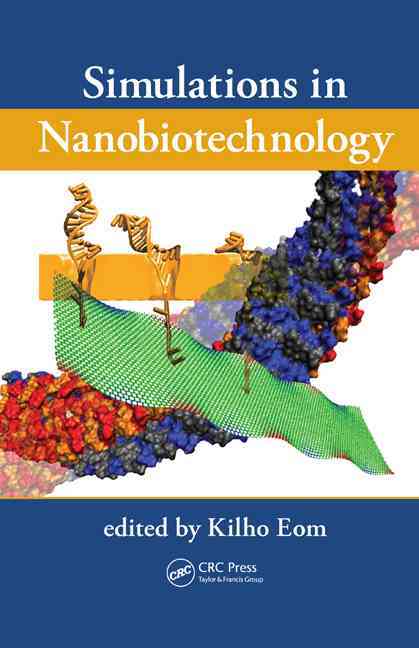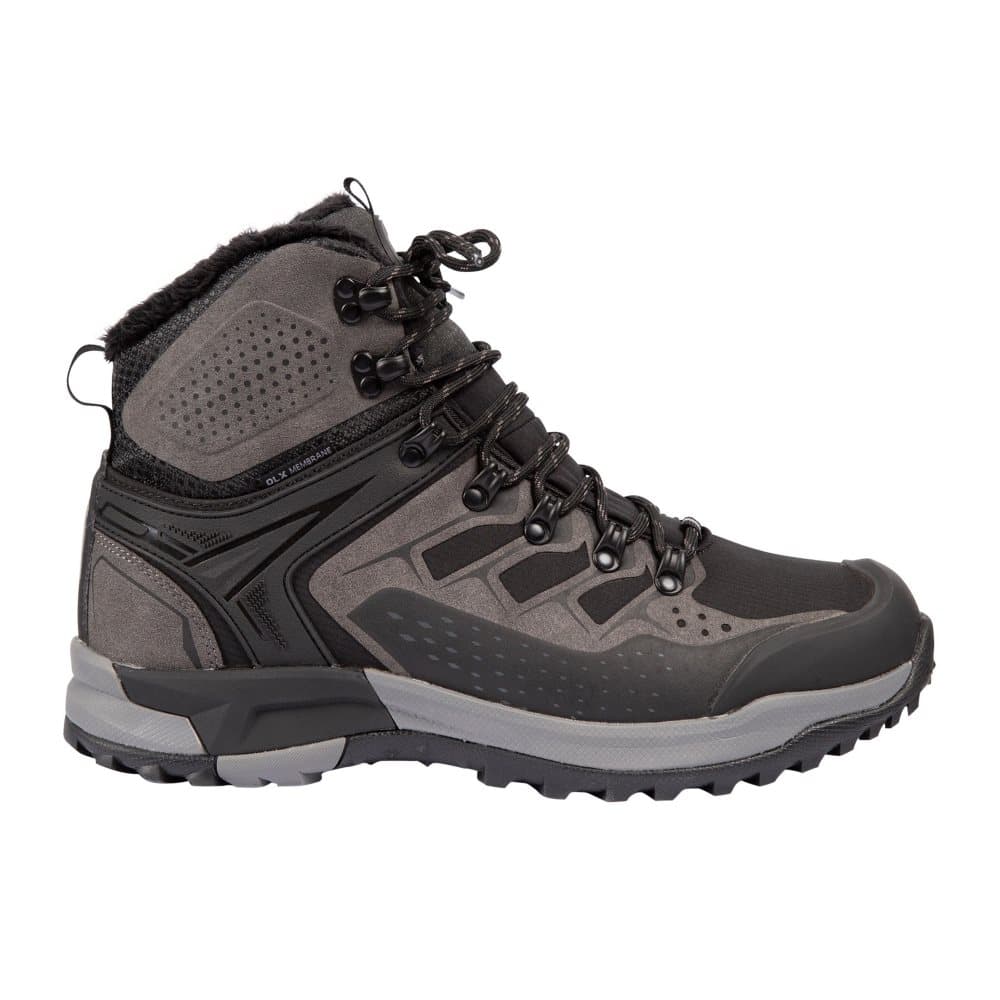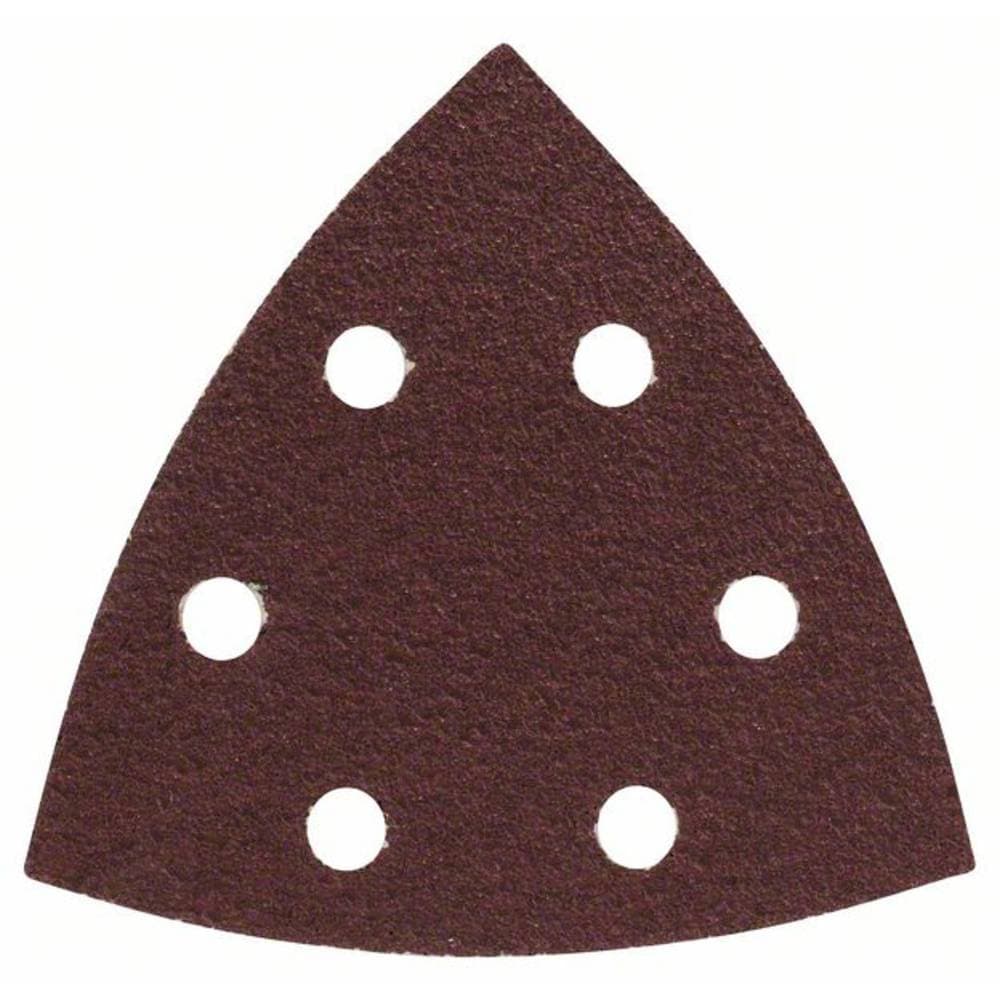Until the late 20th century, computational studies of biomolecules and nanomaterials had considered the two subjects separately. A thorough presentation of state-of-the-art simulations for studying the nanoscale behavior of materials, Simulations in Nanobiotechnology discusses computational simulations of biomolecules and nanomaterials together. The book gives readers insight into not only the fundamentals of simulation-based characterizations in nanobiotechnology, but also in how to approach new and interesting problems in nanobiotechnology using basic theoretical and computational frameworks. Presenting the simulation-based nanoscale characterizations in biological science, Part 1 : Describes recent efforts in MD simulation-based characterization and CG modeling of DNA and protein transport dynamics in the nanopore and nanochannel Presents recent advances made in continuum mechanics-based modeling of membrane proteins Summarizes theoretical frameworks along with atomistic simulations in single-molecule mechanics Provides the computational simulation-based mechanical characterization of protein materials Discussing advances in modeling techniques and their applications, Part 2 : Describes advances in nature-inspired material design; atomistic simulation-based characterization of nanoparticles’ optical properties; and nanoparticle-based applications in therapeutics Overviews of the recent advances made in experiment and simulation-based characterizations of nanoscale adhesive properties Suggests theoretical frameworks with experimental efforts in the development of nanoresonators for future nanoscale device designs Delineates advances in theoretical and computational methods for understanding the mechanical behavior of a graphene monolayer The development of experimental apparatuses has paved the way to observing physics at the nanoscale and opened a new avenue in the fundamental understanding of the physics of various objects such as biological materials and nanomaterials. With expert contributors from around the world, this book addresses topics such as the molecular dynamics of protein translocation, coarse-grained modeling of CNT-DNA interactions, multi-scale modeling of nanowire resonator sensors, and the molecular dynamics simulation of protein mechanics. It demonstrates the broad application of models and simulations that require the use of principles from multiple academic disciplines.












